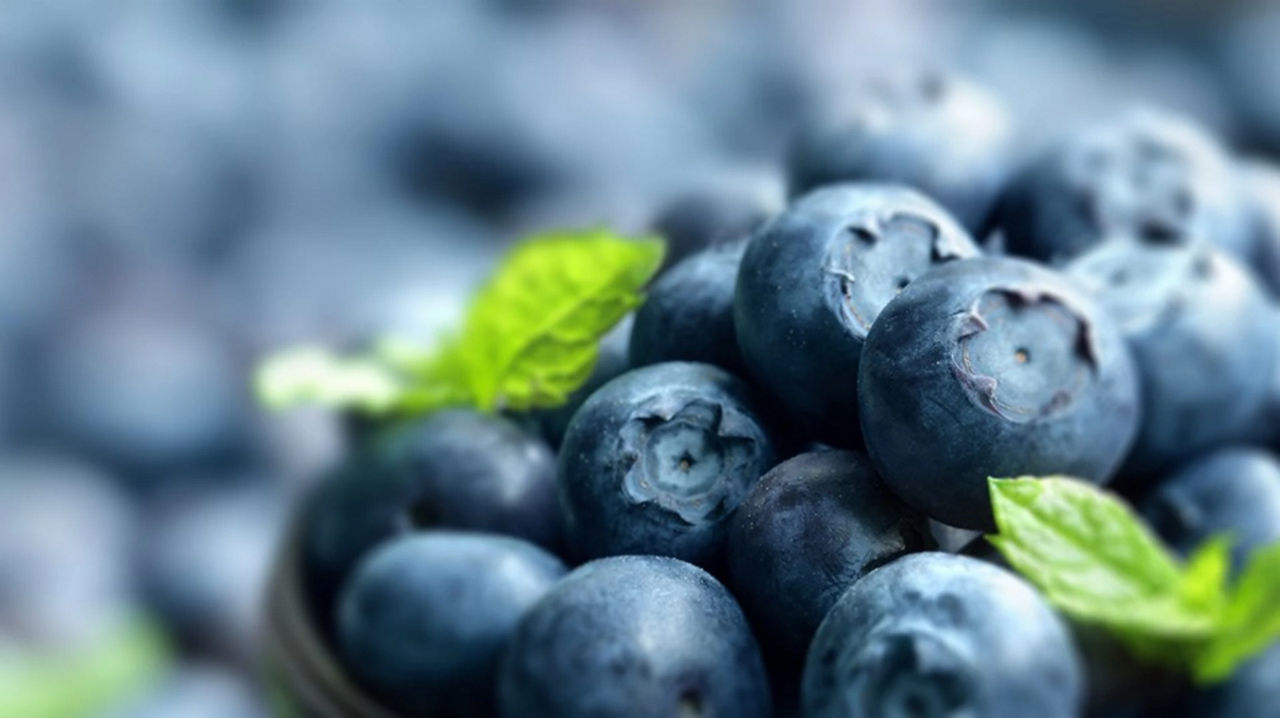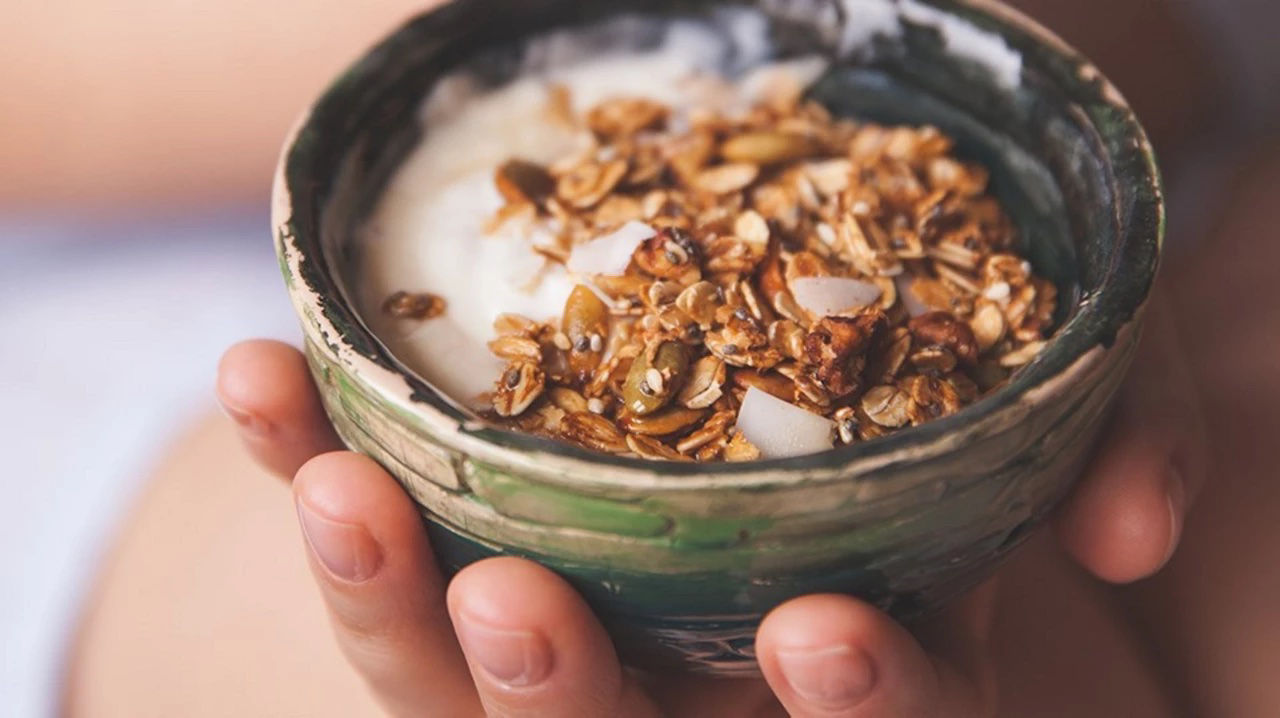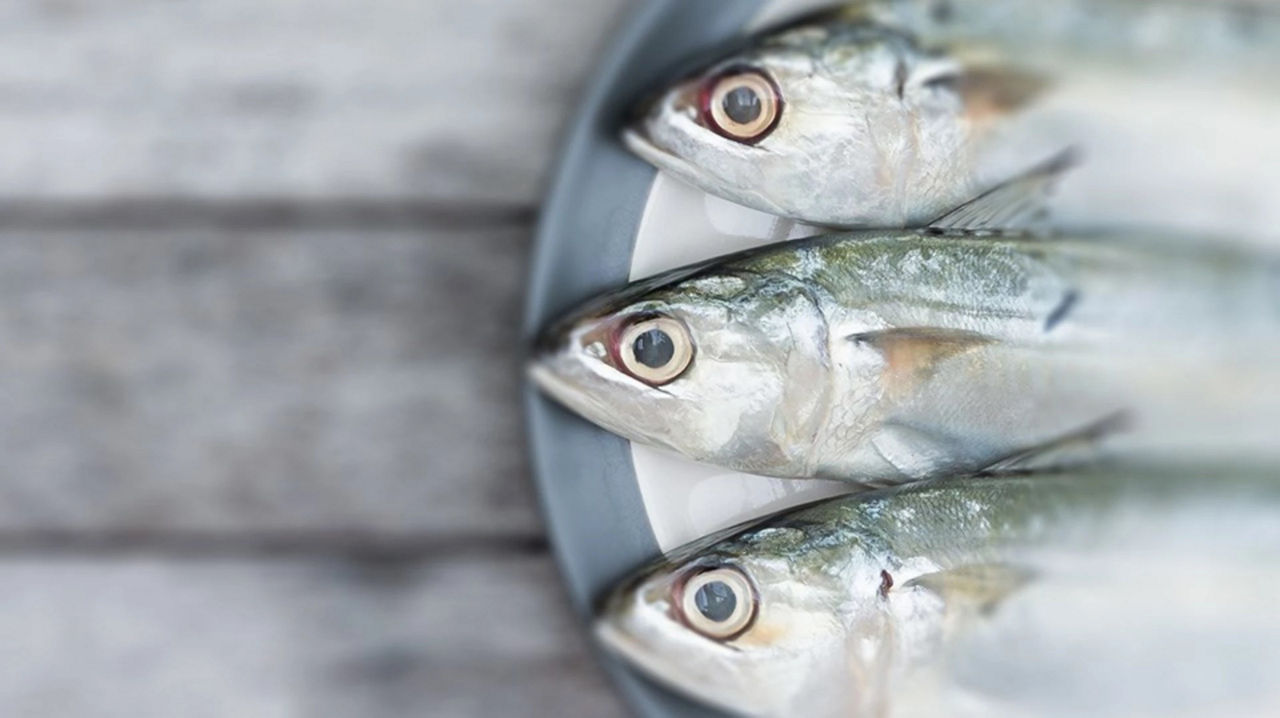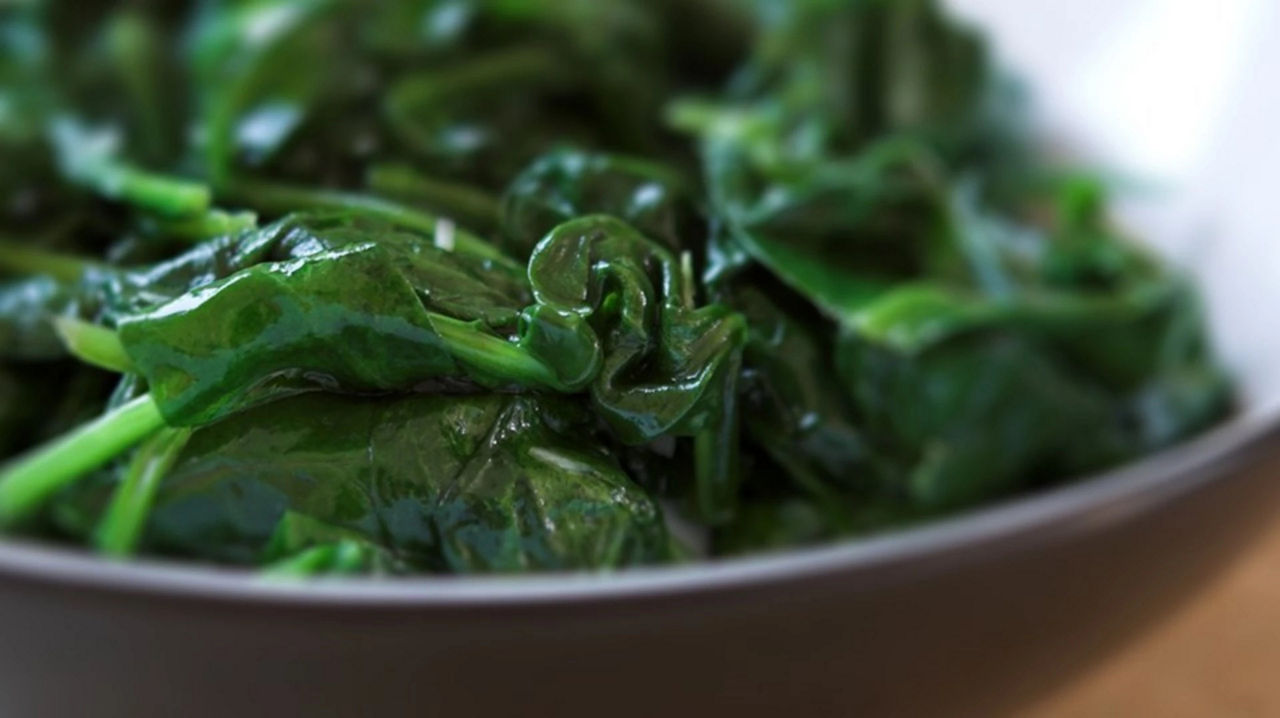Because vitamin K is essential for blood clotting, it’s important to make sure you and your baby get enough in preparation for labour and the recovery afterwards. Although vitamin K deficiency is rare, an injection is given to all babies just after they’re born to minimise this risk.
Pregnancy Nutrients: Vitamin K
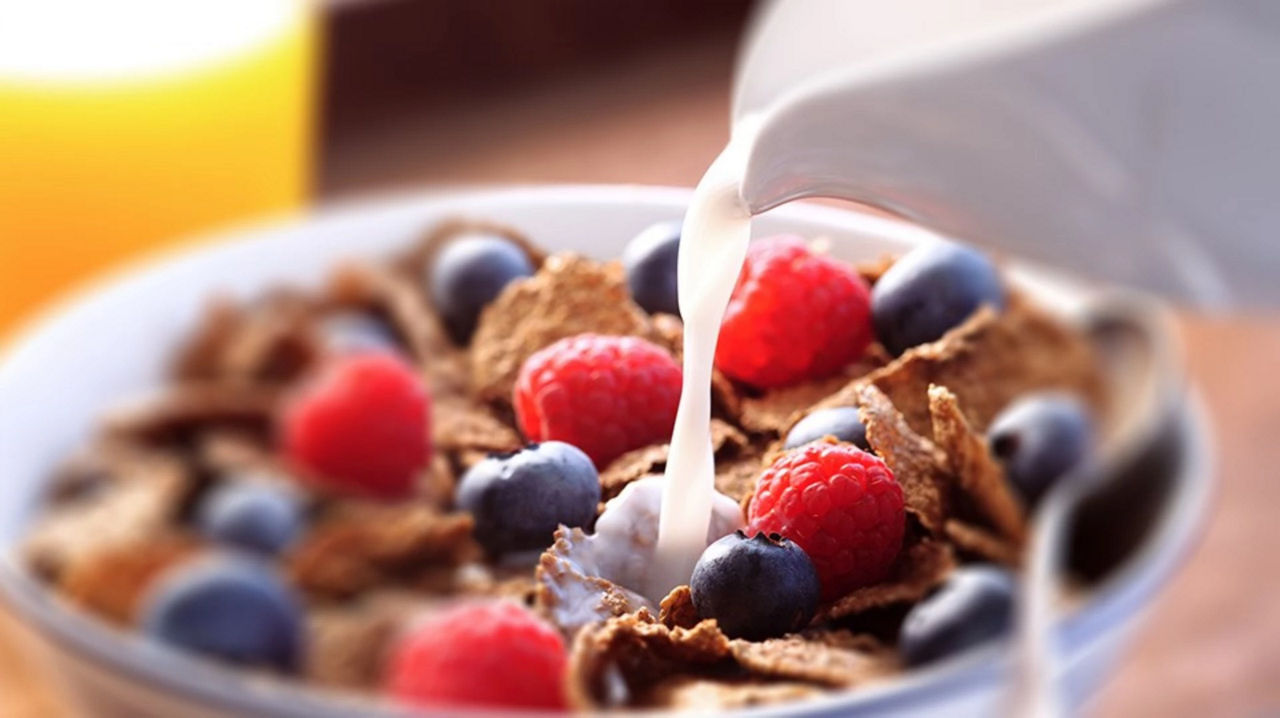
Heal with it
Discover why Vitamin K is key
Why is vitamin K so important?
As well as being needed for healthy bone development and protein formation in the liver, vitamin K plays a key role in blood clotting, enabling wounds to heal properly. This is particularly important during labour and just after you’ve given birth, when your body is recovering and starting to heal. Sufficient levels of vitamin K are also crucial for your baby immediately after birth and, while vitamin K deficiency in babies is very rare, it can lead to a condition that increases their risk of bleeding too much.
Vitamin K plays a key role in blood clotting, which helps wounds heal properly.
Vitamin K and your pregnancy diet
Fortunately, it should be easy to get all the vitamin K that you and your baby need from a healthy, well-balanced diet. And because it’s fat-soluble, your body can build up stores in the liver, ready for when you need it. More good news is that the nutrient content of vitamin K-rich foods isn’t usually affected by cooking.
Vitamin K is readily available from many foods so, if you eat a well-balanced diet, you’re probably getting enough
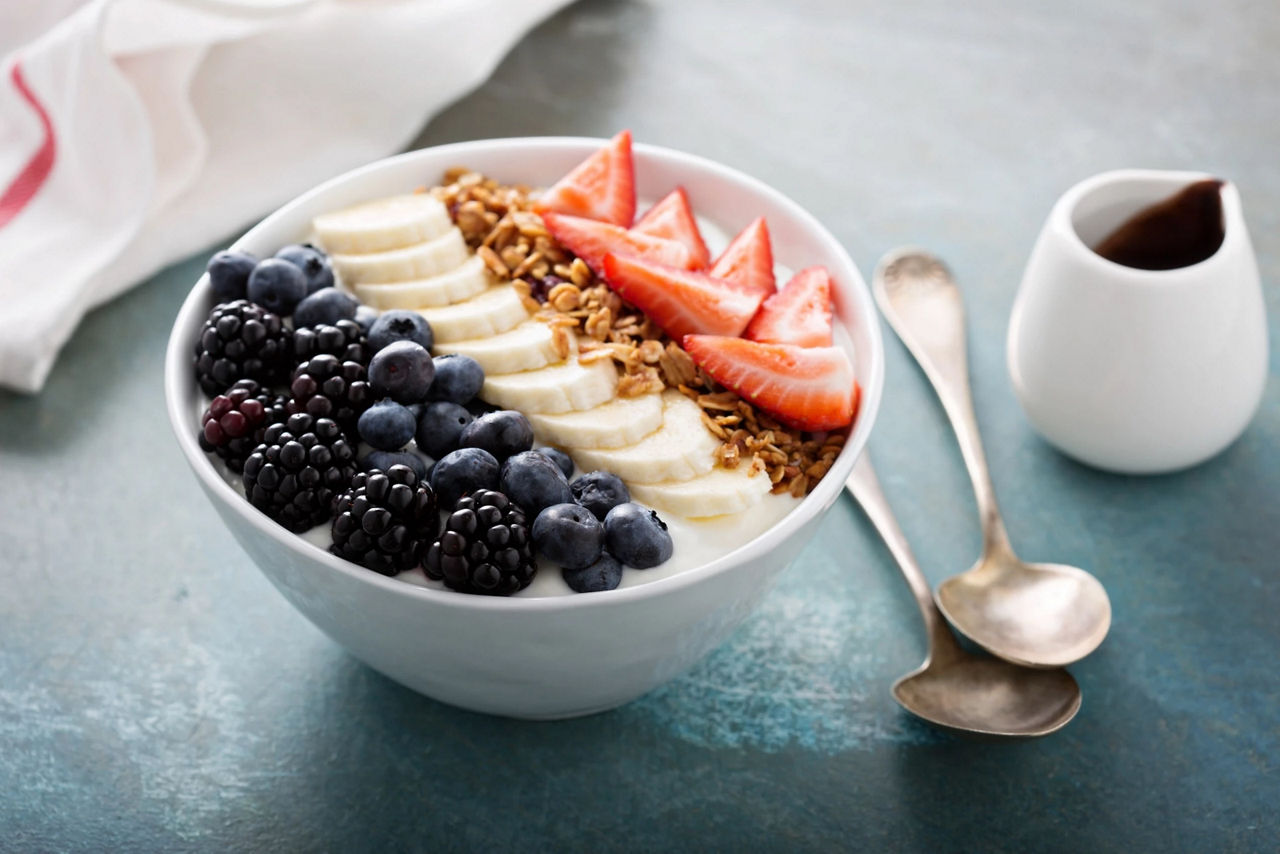
VITAMIN K IS STORED IN THE BODY SO YOU DON'T NEED TO CONSUME IT EVERY DAY.
How much vitamin K do you need?
The amount of vitamin K you need depends on your size: you need around 1mcg per kg of body weight per day. So if you weigh 65kg, you need 65mcg of vitamin K per day.
Some medical conditions can affect your ability to absorb nutrients, and if there’s a risk you may not be getting enough vitamin K, you may need to take a supplement. If you’re concerned about this, consult your doctor or healthcare practitioner first, as taking a supplement unnecessarily can affect your baby.
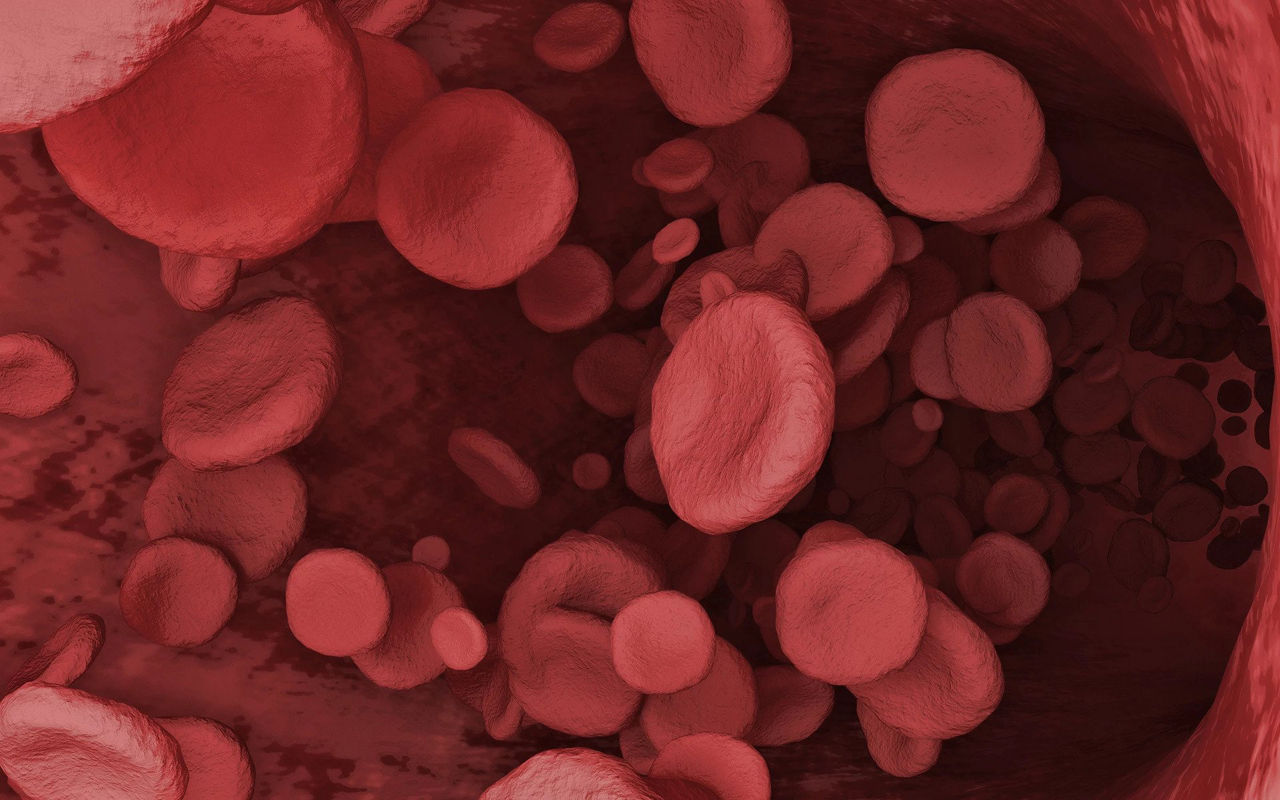
Protecting your baby with vitamin K at birth
Although a significant deficiency is unlikely, babies are sometimes born with low vitamin K levels. They’ll usually be given a booster injection shortly after they’re born, just to be on the safe side. If you don’t like the idea of your baby being injected, they can have an oral dose instead.
Foods rich in vitamin K
As well as being needed for healthy bone development and protein formation in the liver, vitamin K plays a key role in blood clotting, enabling wounds to heal properly.
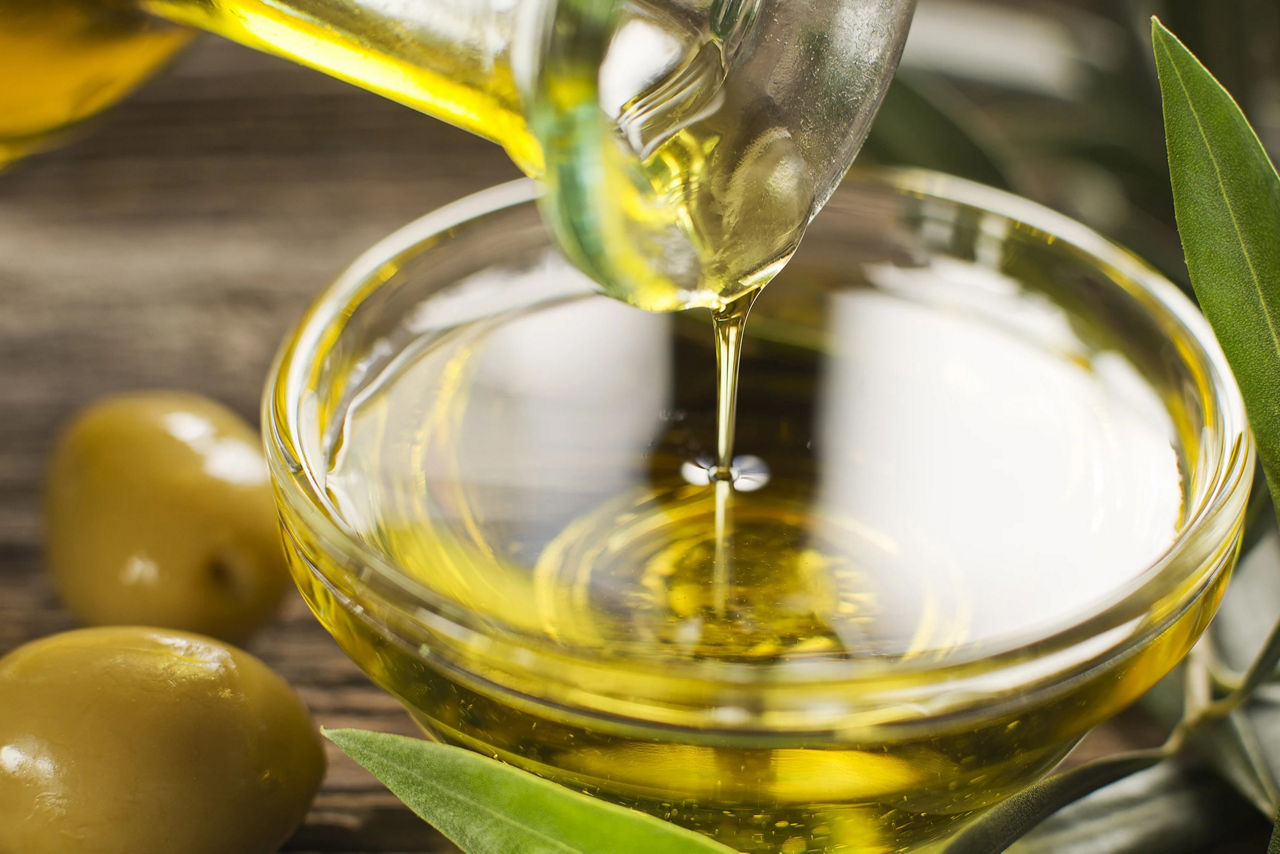
Next Steps
Add these sources of vitamin K to your diet:
- Cereals
- Meat and dairy foods
- Green leafy vegetables like watercress and spinach
- Vegetable oils, e.g. soya
related articles
Read next

Get in touch with our Careline experts
Our nutritionists and feeding advisors are always on hand to talk about feeding your baby. So if you have a question, just get in touch

